About Us
- Home
- About Us
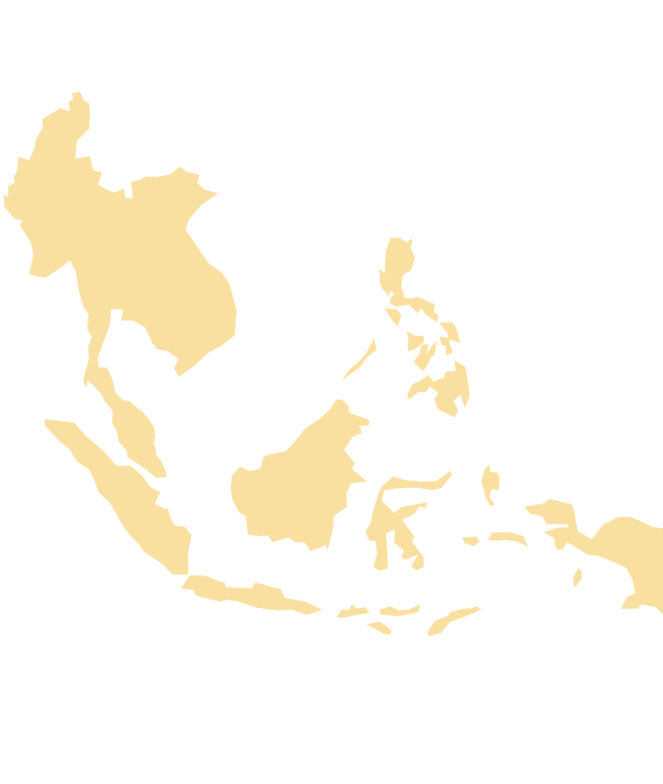
Establishment of the ANPE
From 2000 to 2017, an estimated 70% of energy demand growth came from fossil fuels. Indonesia, Vietnam, and the Philippines from Southeast Asia have been three of the top builders of coal-fired power plants all over the globe in the last decade. And even with coal moratoria's gaining traction, there is a big push to shift to fossil gas and other false solutions instead.
In Southeast Asia, civil society and movements are actively campaigning for economic justice and climate justice. However, there is still a divide in engaging in the energy transition and decarbonization space as these discussions have largely been at the purview of climate and environmental organizations. A variety of challenges and barriers are also present in each country, some of which are related to governance of energy systems, capacity of stakeholders and institutions, financing and divestment, and technology availability and support. There is a need to further elaborate on the process and include these in long-term decarbonization pathways.
As a response, Oxfam with the support from the Tara Climate Foundation, conceived the Asia Network for People's Energy (ANPE) to address transition gaps and challenges at the country level with perspective and purposeful actions in the region, through network-building, learning and campaigning, and resource mobilization.
What is ANPE
o The Network aims to convene civil society organizations (CSO) from Southeast Asia to address JET gaps and challenges at the country level with perspective and purposeful actions at the region, through network-building, learning and campaigning, and resource mobilization.
The Asia Network for People's Energy's scope of work is currently focused in the ASEAN Region with current CSO membership in Indonesia, Philippines, Laos, Cambodia, and Timor Leste, with expansive network and allies in other Southeast Asian countries, and a vision of expanding its geographic scope in Southeast Asia as more members outside the current membership join.
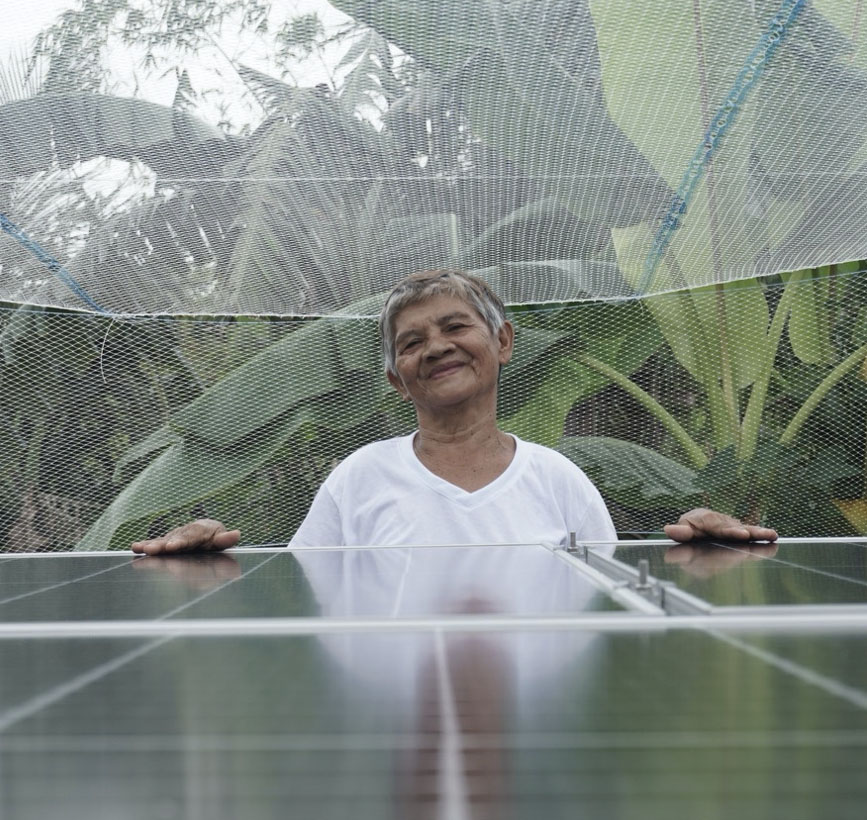


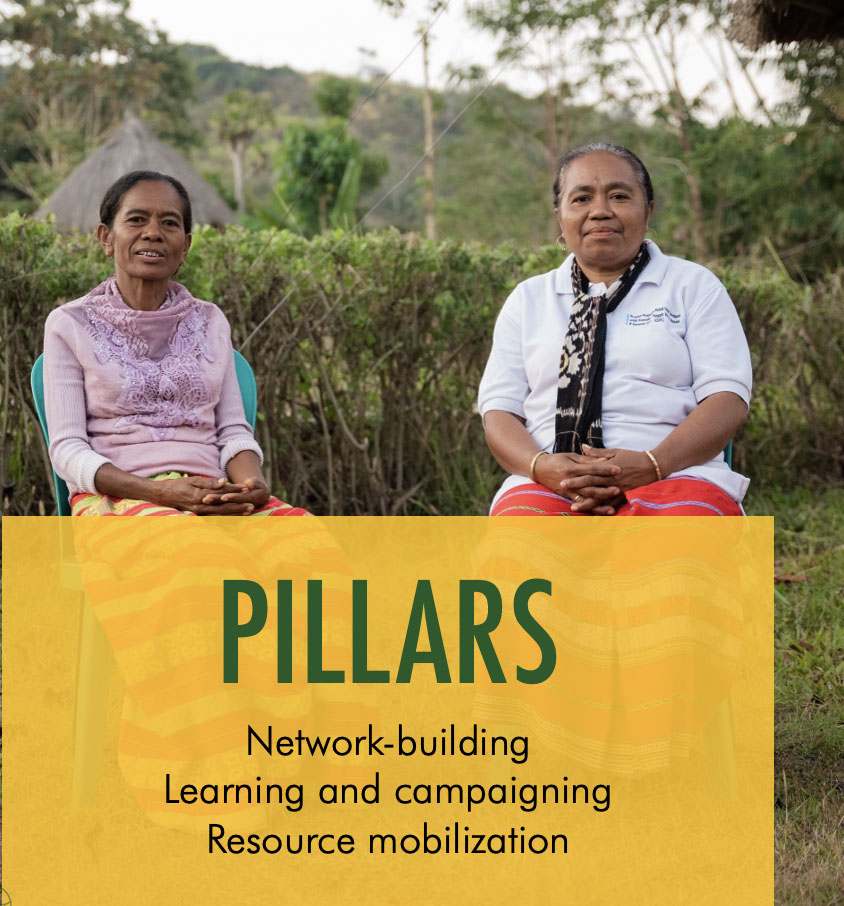
Objectives
- Influencing member states of the ASEAN and other relevant regional bodies on JET.
- Changing and influencing narratives) on energy transition towards social, economic, and ecological justice.
- Expanding civic spaces and the role of CSOs, particularly women's and gender equality rights, youth, indigenous peoples, people with disabilities, etc., towards inclusive, sensitive, and accountable public and private processes on
JET. - Increasing capacity and knowledge of CSOs, communities and other stakeholders on climate justice, renewable energy, and just energy transition.
- Pooling of resources to support grassroots-led campaigns and initiatives towards just energy transition.
Vision
By 2030, the Asia Network for People's Energy is a CONVENER of people, organizations, and resources in the region, with a purpose of achieving just and democratic energy transition through strengthened civic spaces across the countries, promotion of positive narratives on JET and the strengthened role of CSOs through learning, sharing, safe programming and influencing in the region and its countries, while operating under a collective leadership underpinned by gender transformative principles, and celebrating differences and commitment to think regional and act local.
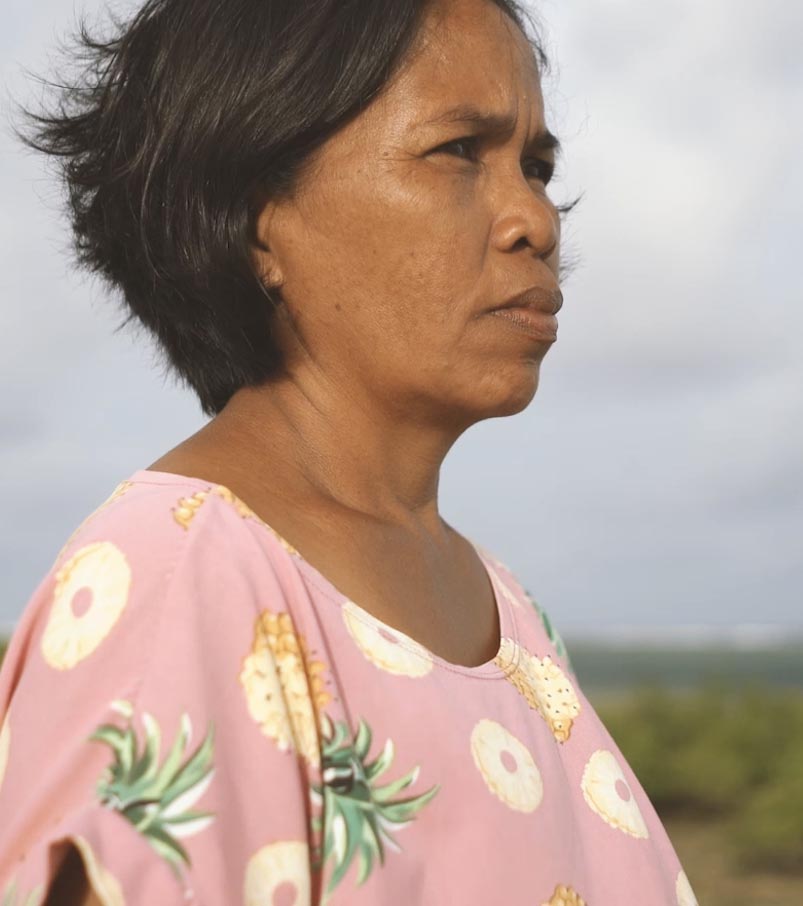


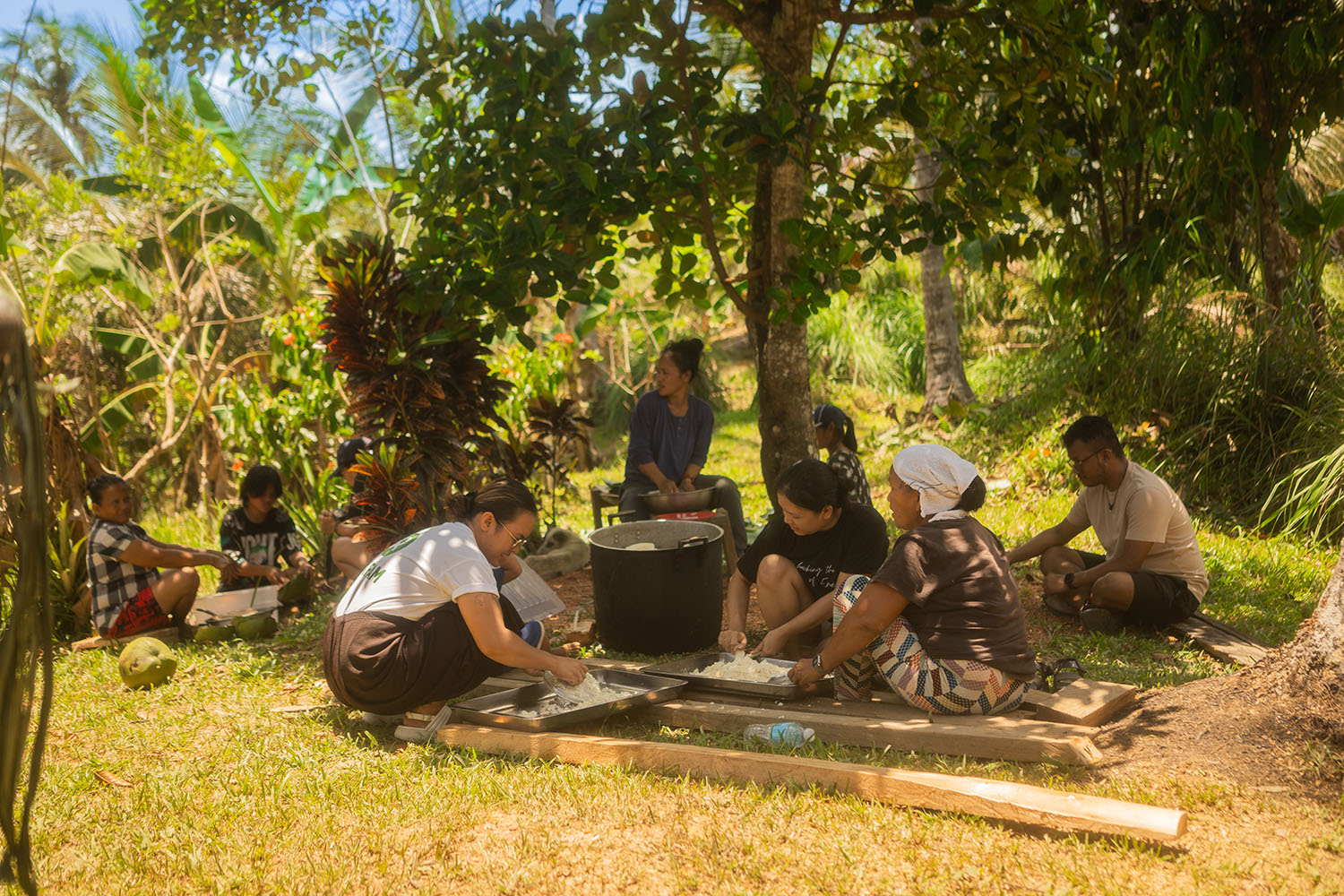
Our Long-term Goals
- Funding towards People-centered JET projects is expanded - to support the implementation of renewable energy projects, promote energy efficiency, and facilitate the transition away from fossil fuels.
- Women’s agency is practiced in the implementation of programs and campaigns on JET at the community level - to ensure gender equality and empower women in decision-making processes related to energy transition.
- Increased spaces for civil society and communities in government and private sector processes to participate in policy making and monitoring of just and democratic energy transition at the national level - to ensure accountability, transparency, and inclusivity in decision-making processes.
- Governments adopt policies and frameworks on JET with specific provisions on women and marginalized groups, the role of CSOs and WROs, affected communities, and mechanisms for accountability - to ensure that the energy transition is inclusive and serves the needs of all people.
- Gender equality is mainstreamed into existing policies and practices of the government and the private sector - to address the disproportionate impacts of energy transition on women and promote gender-responsive approaches in the energy sector.
- Financial institutions adopt just and democratic principles in their policy and practice on energy transition and financing - to ensure that investments in clean energy are accessible and benefit marginalized communities, while also considering the social and environmental impacts of these investments.
- The private sector adopts inclusive and responsible business policy and practice on just energy transition - to ensure that corporate actions align with the principles of just transition, prioritize the well-being of communities, and mitigate negative impacts on marginalized groups.

